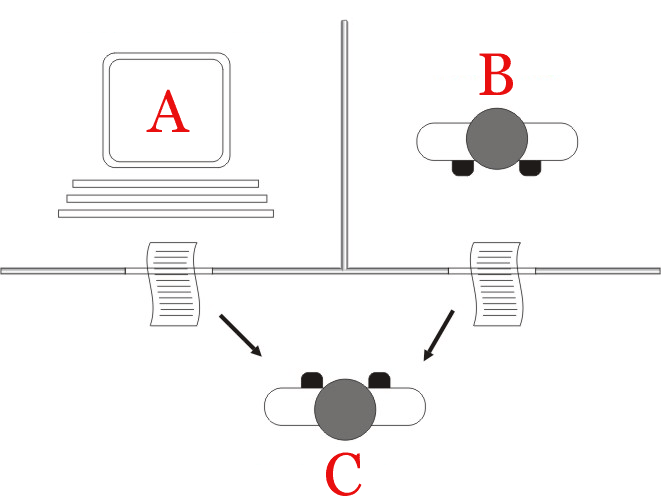uptower
DP Veteran
- Joined
- Nov 8, 2018
- Messages
- 24,212
- Reaction score
- 22,557
- Location
- Behind you - run!
- Gender
- Male
- Political Leaning
- Other
I think they did that though by teaching it variations of what "usually" comes next. To be actually thinking it also needs to be thinking " I can make it sound better than this."It's not mimicking, its predicting what is most likely to follow every word and character it writes based on its training and using various logic engines to make sure what it's saying makes sense.
It writes very standard prose with lot of cliches and stock phrases. Not bad for standard form letters or even advertising material, but if you ask it for a story and dialogue it's really repetitive and quite amateurish.

